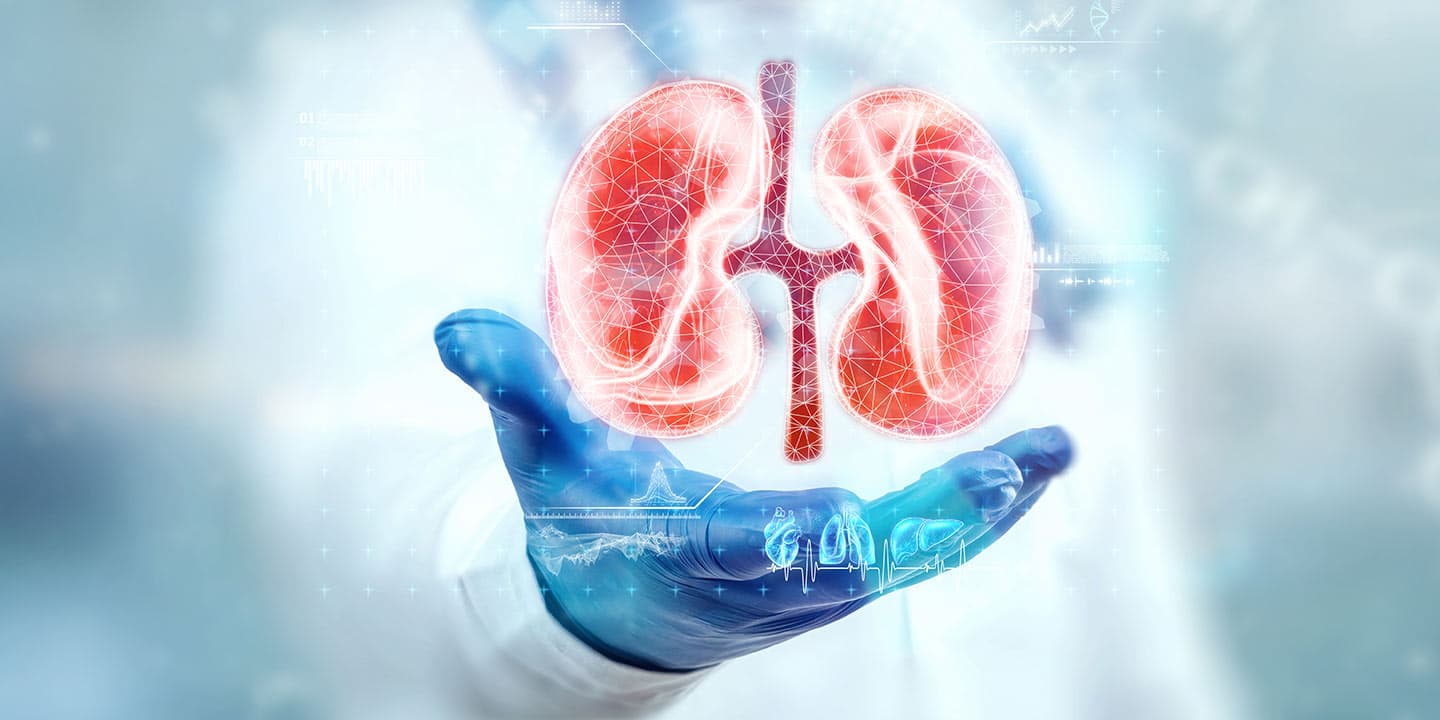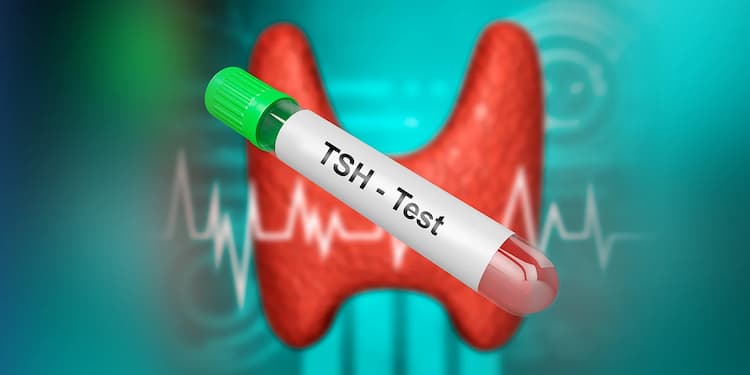Know Your Kidney Numbers: Two Simple Diagnostic Tests for Kidney Health Screening

Medically Reviewed By
Dr. Ragiinii Sharma
Written By Prekshi Garg
on Oct 18, 2022
Last Edit Made By Prekshi Garg
on Mar 15, 2024

The maintenance of good health is largely dependent on your kidneys. Only severely damaged kidneys produce any symptoms; otherwise, kidney disorders are generally asymptomatic. Thus, kidney function tests are important diagnostic tests to know how well your kidneys are working. The kidney function test (KFT) analyses your urine and blood samples to check for 10 essential parameters that evaluate the functioning of your kidney quite well.
In this article, let us know about the diagnostic tests that you must go through for the screening of your kidney health.
What is a Kidney Function Test?
The kidney function test (KFT) is the diagnostic test performed to analyse whether or not your kidneys are functioning properly. The kidney function test conducts 10 tests that use your blood or urine sample or imaging methods for kidney health screening. The tests included in the kidney function test as per the National Institute of Diabetes and Digestive and Kidney Diseases (NIDDK) are:
- The glomerular filtration rate (GFR) is checked to see how well your kidney is filtering blood.
- The presence of albumin protein is checked using your urine sample. The albumin protein in urine is an indication of kidney damage.
When is a kidney function test done?
A kidney function test is done to analyse whether your kidney is functioning properly. Several symptoms can lead your doctor to recommend a kidney function test. Several symptoms together indicate that your kidney is not functioning properly. These symptoms include:
- Presence of blood in the urine
- High blood pressure
- Difficulty in beginning to urinate
- Frequent urge to urinate
- Fluid build-up in the hands and feet leads to swelling
- Pain while urinating
Proper and adequate functioning kidneys are very important for healthy wellbeing. An improperly functioning kidney can lead to several disorders. These disorders are often asymptomatic. Therefore, you must get your kidney function tests done at regular intervals so that any disorder can be diagnosed at an early stage. Early kidney diagnosis helps in getting the right treatment of the disease as well.
What tests are included in a kidney function test?
A kidney function test checks for several parameters in your blood and urine sample. These parameters are tested to know whether or not your kidney is functioning properly. Following are the parameters that are evaluated during a kidney function test.
Blood Tests
The kidney blood test evaluates several parameters to determine the health of the kidney. The parameters tested in a blood sample during kidney function test as per the National Kidney Foundation are:
Normal serum creatinine
Creatinine is produced as a waste product due to normal wear and tear. The early signs for the diagnosis of kidney damage are indicated by the abnormal levels of creatinine in your blood serum. The average normal serum creatinine level for males is less than 1.4 and for females is less than 1.2. However, these levels are largely dependent on your body size and age.
Glomerular filtration rate (GFR)
The glomerular filtration rate helps evaluate how well the kidneys remove waste and fluids from the body. The GFR values generally depend upon your age and gender. The GFR values above 90 are considered normal, whereas GFR values less than 60 indicate improper functioning of the kidney. A GFR value of less than 15 indicates dialysis or a kidney transplant requirement.
Blood urea nitrogen (BUN)
The breakdown of protein in food results in the production of urea nitrogen. The levels of BUN in the blood increase when the kidney is not functioning properly. The optimum level of BUN in the blood is between 7 to 20.
Urine Tests
Urine tests are done either using a small urine sample or sometimes you may be asked to collect all the urine that passes for 24 hours to give a better and more accurate prediction of the health of your kidney. The various urine tests include:
Urine protein
The urine protein test is done to estimate the level of proteins in your urine. The presence of an excess amount of protein in the urine gives rise to a condition known as proteinuria.
Microalbuminuria
This test detects even small amounts of albumin protein in your urine sample. This test is very important if you have high blood pressure or diabetes, which makes you prone to the development of kidney disease.
Albumin/ creatinine ratio (ACR)
The ACR value is calculated by dividing the amount of albumin present in urine by the amount of creatinine in the urine. The normal value of ACR is less than 30. ACR levels between 30 - 300, ACR levels indicate moderate albuminuria, whereas ACR levels above 300 indicate severe albuminuria.
Creatinine Clearance Test
In the creatinine clearance test, the creatinine levels are calculated in the 24-hour urine and blood samples. The values in both blood and urine samples are compared to see how the kidneys filter many waste products each minute.
Urinalysis
It is the microscopic examination and dipstick test of the urine sample done to check for abnormalities such as the excess amount of protein, bacteria, pus, and sugar.
Imaging Test
CT Scan
This technique uses X-rays to obtain an image of the kidneys. This helps in predicting the presence of obstructions and abnormalities in the kidney. An intravenous contrast dye is also used to obtain a clearer CT scan image.
Ultrasound
In this test, sound waves are used to get a clear image of the kidney. This test detects abnormalities in the size or position of the kidneys. The test is also used to detect any stones or tumours present in the kidney.
Kidney Biopsy
A small piece of the kidney tissue is spliced in a kidney biopsy using a thin needle with a sharp cutting edge. The tissue is then examined under the microscope for one of the following reasons:
- Identification of specific diseases
- Determine the response of the disease to a treatment
- Evaluate the damage that has occurred in the kidney
- Identify reasons for an unsuccessful kidney transplant
What is the cost of a kidney function test?
The cost of a renal function test differs depending upon the lab where the test is being conducted and the location of the lab. The cost of the renal function panel at Redcliffe labs is approximately Rs 399/- all across the country.
Takeaway
The excretion of waste products from your body is essential for a healthy body. The main organ responsible for the excretion of waste material is the kidney. Thus, it becomes essentially important to assess the health of your kidney. The kidney function test does this. The kidney function test determines the efficiency of the functioning of the kidney. The test uses your blood or urine sample to analyse the levels of several parameters that depict whether or not your kidneys are functioning properly. Apart from these, a biopsy or imaging test can also be done in severe cases. Now that you know about the several kidney tests and their importance in a kidney function test, you will be able to analyse and evaluate your LFT test results.
Frequently Asked Questions (FAQs)
- How many tests are included in a kidney function test (KFT)?
The kidney function test includes approximately 10 different parameters to assess the functioning and health of your kidney.
- What are the side effects of a kidney function test?
The kidney function test is a safe diagnostic test that uses your blood or urine sample to diagnose the health of your kidney. The major side effects of a kidney function test include dizziness, bruising, and fatigue.
- When will I be suggested for a kidney function test?
Your doctor might recommend you a kidney function test if you have one or more of the following symptoms:
- Difficulty in urination
- Swelling of the hands and feet
- Presence of blood in the urine
- Painful urination
- Frequent urination
- High blood pressure
Leave a comment
1 Comments
ashvi
Nov 5, 2022 at 6:45 PM.
I love the content of this website. have been a regular reader
![Gluten Allergy Test - Price, Purpose, & Result [2024]](/myhealth/_next/image/?url=https%3A%2F%2Fmyhealth-redcliffelabs.redcliffelabs.com%2Fmedia%2Fblogcard-images%2FNone%2Fe94dfe46-8720-40de-854a-deedae3143d1.webp&w=750&q=75)


